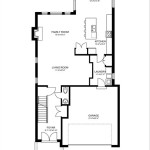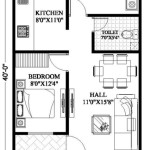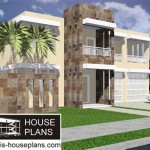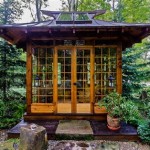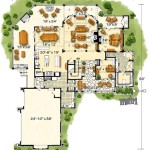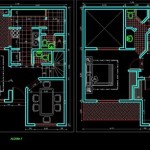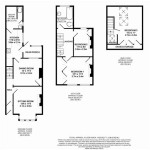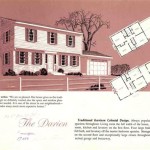1960s House Plans: Embracing Mid-Century Modernism and Suburban Living
The 1960s marked a pivotal era in American architecture, introducing a distinct aesthetic that continues to captivate homeowners today. 1960s house plans were heavily influenced by the Mid-Century Modern movement, emphasizing clean lines, open layouts, and a connection to nature. This article explores the essential aspects of 1960s house plans, delving into their key features, design principles, and enduring appeal.
Open Layouts and Flowing Spaces
1960s house plans embraced open layouts, breaking away from the traditional compartmentalized designs of the past. Living rooms, dining rooms, and kitchens flowed seamlessly into each other, creating a sense of spaciousness and fostering a more communal living experience. This open concept allowed for natural light to penetrate all areas of the home, providing a bright and inviting atmosphere.
Integration of Nature
Mid-Century Modern architects believed in the harmonious coexistence between indoor and outdoor spaces. 1960s house plans often incorporated floor-to-ceiling windows and sliding glass doors, blurring the boundaries between the home and its surroundings. Expansive patios and decks extended the living space outdoors, inviting homeowners to enjoy the beauty of nature from the comfort of their own homes.
Geometric and Angled Elements
The 1960s saw a proliferation of geometric and angled elements in house designs. Asymmetrical rooflines, A-frame structures, and triangular windows added a touch of drama and visual interest to exteriors. These bold architectural features reflected the optimism and experimentation of the era, breaking away from the more traditional forms of the past.
Emphasis on Natural Materials
1960s house plans prioritized the use of natural materials, such as wood, stone, and brick. These materials provided a timeless aesthetic, complementing the organic and natural elements of the design. Exposed beams, vaulted ceilings, and stone fireplaces added warmth and character to interior spaces.
Inclusion of Unique Features
Many 1960s house plans included unique and innovative features that reflected the changing lifestyles of the time. Built-in cabinetry, sunken living rooms, and circular staircases added a touch of flair and functionality. These distinctive elements showcased the creativity and innovation of Mid-Century Modern architects.
Enduring Appeal
The enduring appeal of 1960s house plans lies in their timeless aesthetic, functional layouts, and connection to nature. These homes exude a sense of style and sophistication that resonates with homeowners today. Their open floor plans, abundant natural light, and integration of indoor and outdoor spaces make them highly desirable for modern living.
Conclusion
1960s house plans continue to inspire and influence contemporary architecture, embodying the spirit of the Mid-Century Modern movement. Their clean lines, open layouts, and connection to nature create homes that are both stylish and functional. Whether you are renovating an existing 1960s home or designing a new one, understanding the key features and principles of these iconic house plans will help you achieve a timeless and sophisticated living space.

See 125 Vintage 60s Home Plans Used To Design Build Millions Of Mid Century Houses Acr Modern House Floor

See 125 Vintage 60s Home Plans Used To Design Build Millions Of Mid Century Houses Across America Americana

Vintage House Plans 1960s Homes Mid Century Ranch

Retro House Plans Mid Century Modern Home

3 Bedrm 1960 Sq Ft Country House Plan 153 1115

84 Original Retro Midcentury House Plans That You Can Still Buy Today Renovation

Internal Layout Of A Grace Bros Home Plans Service House 1960s Drawn Scientific Diagram

84 Original Retro Midcentury House Plans That You Can Still Buy Today Renovation

55 Mcm Vintage House Plans Ebook Instant Digital Mid Century Modern Ranch Style Homes Split Level Contemporary Custom Built

Vintage House Plans 1153 1960s Modern Floor

